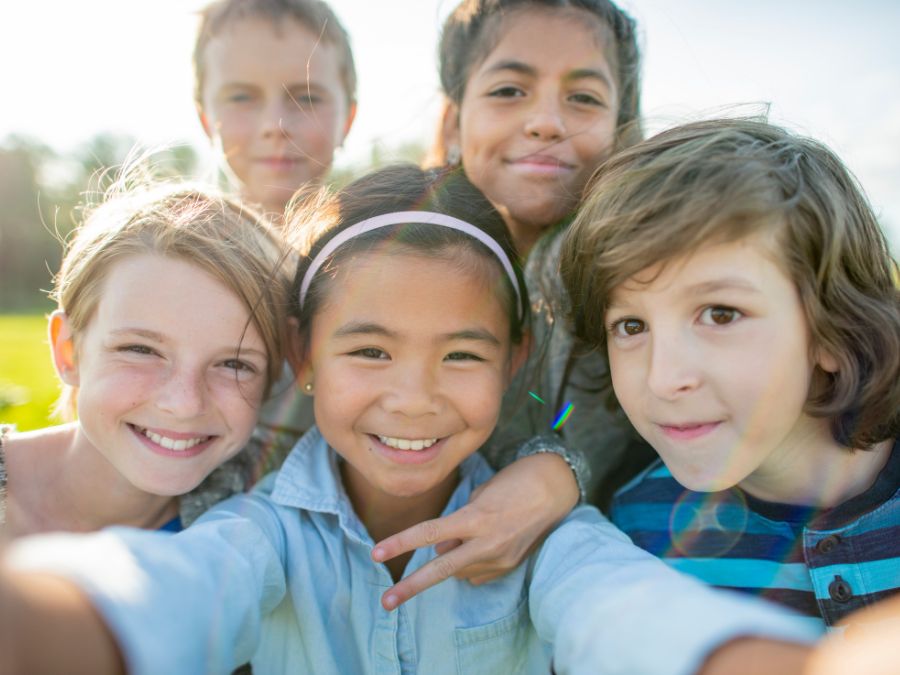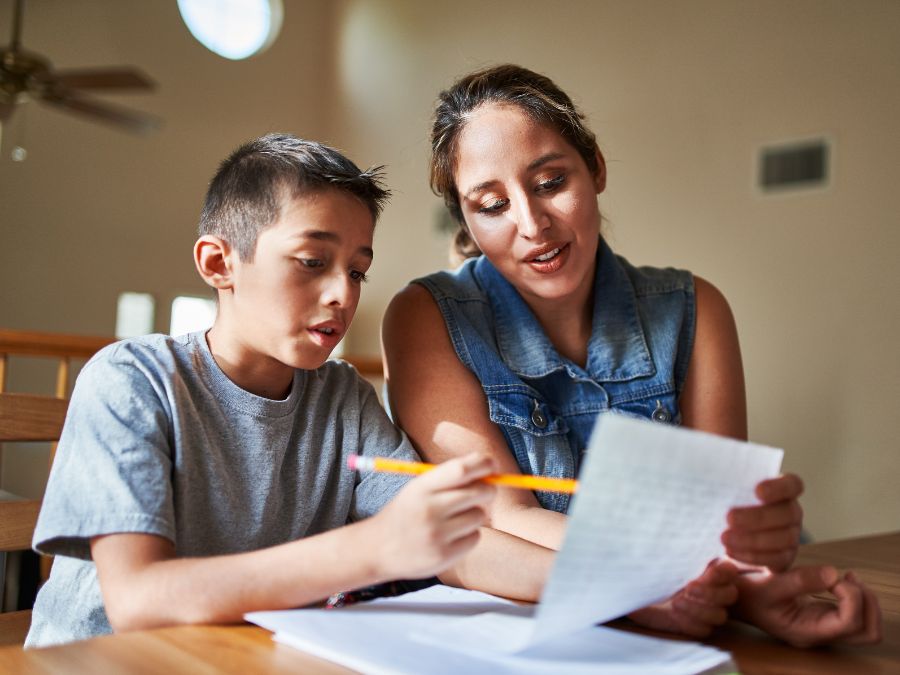
HOPE works for every community and organization
The HOPE framework centers on the Four Building Blocks of HOPE, key types of positive childhood experiences (PCEs), that help everyone – parents and caregivers, professionals, organizations, and agencies – promote health and well-being for children and families. The beautiful thing about the HOPE framework is that it is not manualized. The flexibility of the framework means that HOPE can look really different depending on the setting you work in. From K-12 education to Child Welfare to healthcare to community based organizations, HOPE can be modified to be meaningful for anyone who works with or has children!
Spreading PCEs as a HOPE Facilitator?
HOPE Facilitators are key partners in spreading the core concepts of the HOPE framework and are certified to deliver the Introduction to HOPE workshop. Through our certification program, HOPE Facilitators work through the process of developing their version of the Introduction to HOPE workshop for their unique community they will present to. Facilitators can offer these introductory trainings for a cost or free of charge.
By bringing the HOPE framework into your unique setting, you are uplifting family’s strengths, opportunities for children to build resilience, and safe spaces for healing and growth.
What does the HOPE Facilitator certification process involve?
If you are interested in becoming a HOPE Facilitator, make sure that you meet the eligibility requirements and time commitment required for the program.
Eligibility requirements
- Be a seasoned trainer with experience providing trainings or workshops.
- Have participated in a live Introduction to HOPE workshop, completed the Spreading HOPE online course, or be willing to complete the online course prior to program launch date. Note: registration for the Train the Facilitator program comes with complimentary access to the online course.
Time Commitment
- Three virtual sessions each about 2 weeks apart.
- The first session will be approximately 2.5 hours long. The second session is 90 minutes, and the third session is 60 minutes.
- As part of the certification program, Facilitators are asked to develop their version of the Introduction to HOPE training and practice presenting in between sessions. It’s anticipated that this component of the program will take between 3-5 hours in total.
What to expect during the certification process
HOPE Facilitators are typically trained in public cohorts consisting of 10 to 16 individuals. Organizations can also request a private cohort so that their employees can train together. This is especially helpful if you are working to implement HOPE throughout your organization or department.
What support do I get after completing my HOPE Facilitator Certification?
After you are certified as a HOPE Facilitator, you will continue to have access to all the HOPE resources and members of the HOPE team for consultation and partnership. We work closely with Facilitators to collaborate on new resources and update presentations. If you are asked to present for a group and need help adapting your Introduction to HOPE presentation, the HOPE team is happy to help brainstorm ideas and offer advice.
The HOPE team also offers optional monthly office hours for Facilitators. This hour-long drop-in session is a place where fellow Facilitators can share lessons learned and seek support from their colleagues.
You also will become a part of the new HOPE Facilitator Hub, where all HOPE Facilitators and Champions have a profile to share upcoming presentations and resources. Through this Hub, you will be able to connect with other certified HOPE Facilitators and Champions, explore trainings others are doing, access resources, and see evaluations from your trainings all in one spot.
If you would like to see HOPE in your community, become a trainer and share the HOPE framework and power of positive childhood experiences!


